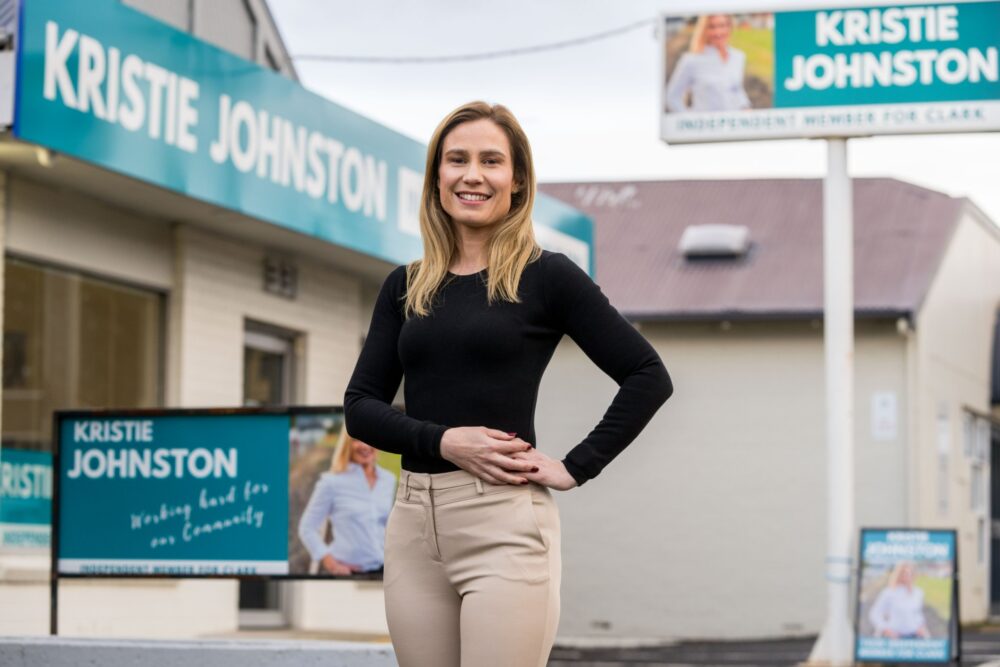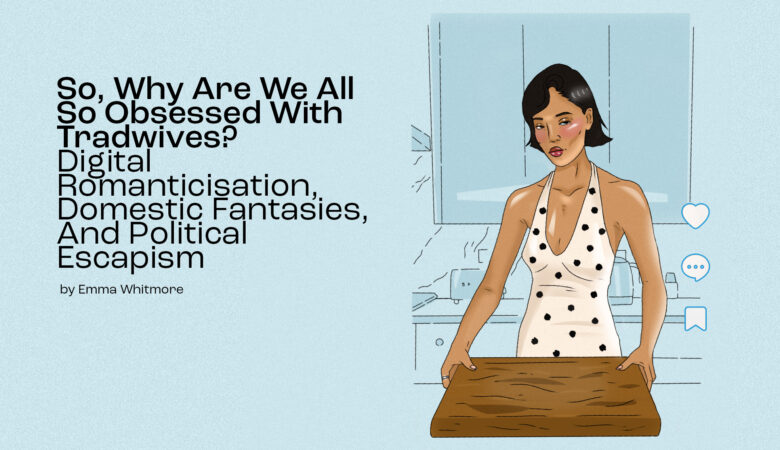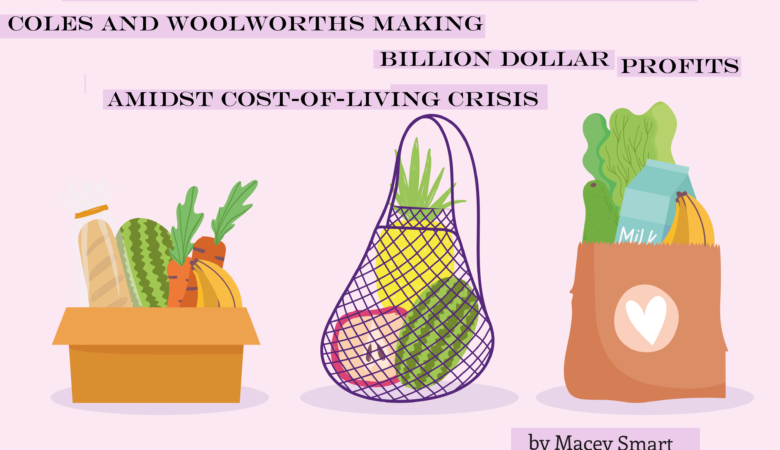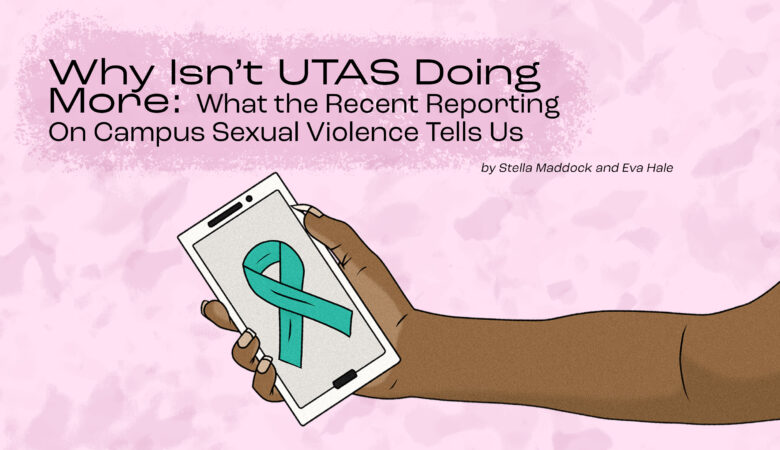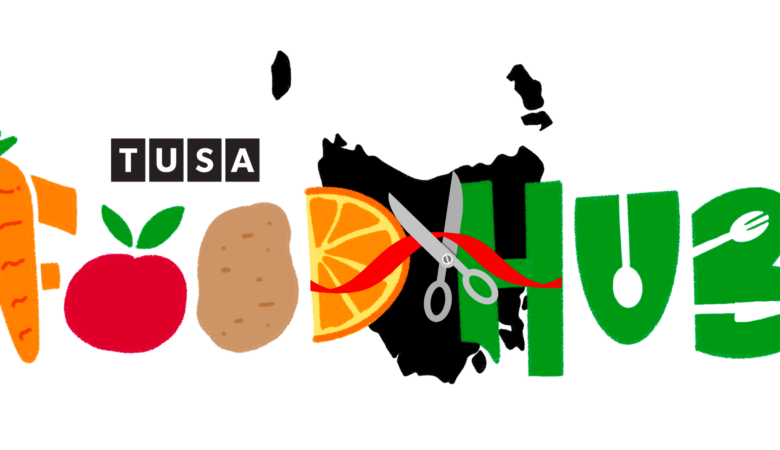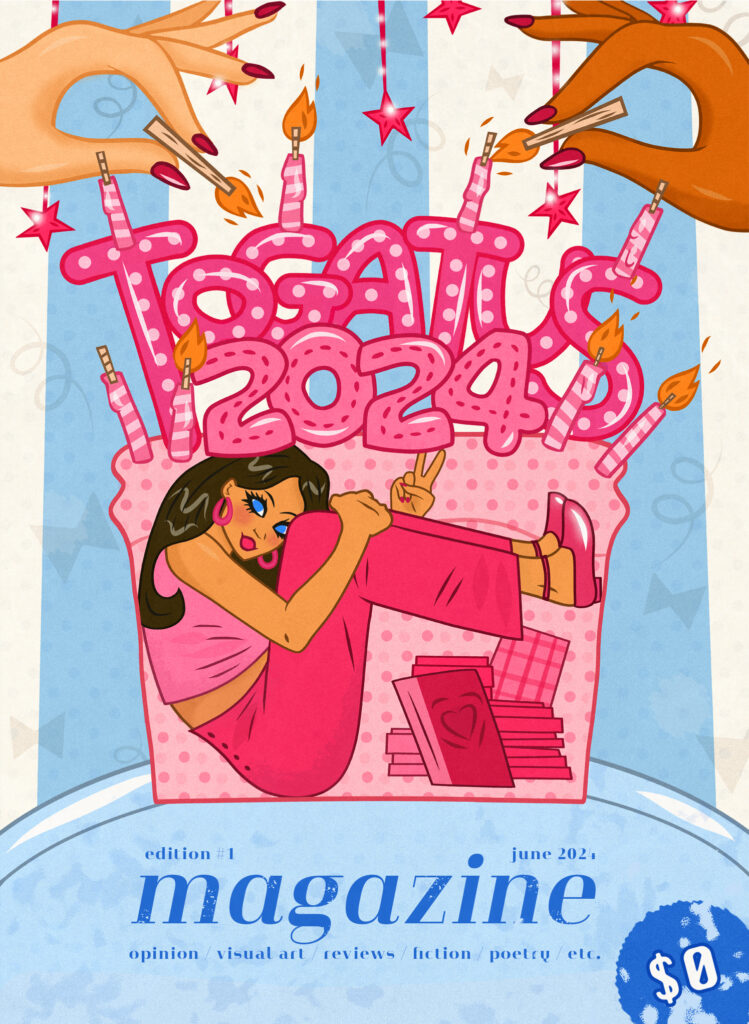Kristie Johnston has made a political career out of being the conscience-driven outsider. As Mayor of Glenorchy, she rose above the insubordination of her fellow aldermen to restore public confidence in a council tarnished by corruption. Now representing the electorate of Clark as an independent, she faces a far tougher challenge: taking on a government paid for by the gaming and hospitality lobby.
Growing up in Hobart’s northern suburbs, Johnston was instilled with a keen sense of social justice at an early age. Her father, a former Baptist minister, parted ways with the church over their unpragmatic approach to community outreach. Johnston’s mother, who managed an emergency relief agency, supported the family while he returned to university to study sociology. Volunteering her time at her mother’s office as a teenager, Johnston saw first-hand the level of disadvantage faced by her community – exacerbated by the introduction of poker machines in pubs and clubs in the late 90s.
Johnston’s first encounter with establishment politics ended in disillusionment. At the age of 17, she did what many well-meaning young progressives do: she joined the ALP. After putting in two years at her local branch however, Johnston left the party in protest of their asylum seeker policy. Her frustration with establishment politics would be one that’d come to define her political career.
Graduating from UTAS with a law degree, Johnston went on to work for the Hobart Community Legal Service and the Tenant’s Union of Tasmania, before starting a family. In the midst of her newfound responsibilities as a mother of two, Johnston then embarked on a Master’s Degree in Criminology and Corrections. Her research focused on the relationship between transport access and criminal behaviour in the Glenorchy municipality. It was during this time as well that Johnston and her husband became involved with the Hobart Northern Suburbs Railway Campaign, an endeavour thorough which she was first introduced to the dysfunction of the Glenorchy City Council:
“I got involved in council – going along to council meetings and being involved in that, applying a more critical mind with my law and criminology background, to the things that I saw happening around the council table from the public gallery. And I really hated what I saw.”
Johnston’s exasperation with the absence of critical thought and community consideration in the council’s decision-making motivated her to successfully run as an alderman in 2011. Her tenure at the Glenorchy City Council during this time only further revealed its deep-rooted infighting. This only intensified when Johnston was elected mayor in 2014, with aldermen brazenly undermining her authority on one occasion by holding a vote to dismiss 16 employees in her absence.
In 2017, Johnston and the rest of the council were dismissed following a long awaited report by the Board of Inquiry, which upheld a complaint made by Johnston two years prior. The report highlighted evidence of the council’s maladministration and the dysfunctional relationship between General Manager Peter Brooks and Johnston. The council’s dismissal also came shortly after a scathing report by the Auditor-General. It found that the council had been involved in improper dealings with the consultancy company of former Victorian Premier Jeff Kennett, alleging that over the course of 5 years, it had engaged CT Management for various projects without seeking quotes from other organisations.
Vindicated at last, Johnston was re-elected as mayor in 2018 in a landslide victory.
In February of 2021, Johnston announced that she was standing as an independent candidate for the electorate of Clark in the upcoming state election. In her press release, she acknowledged building a passenger rail through the existing Hobart rail corridor and fixing Tasmania’s ailing health system as key issues for her campaign. Johnston was successful in clinching the fifth seat in Clark in a hotly contested race that May – the first time an independent has won in the electorate in 25 years. According to Johnston, her victory reflects a dissatisfaction with the major parties:
“People are so disillusioned with party politics. They just feel that parties are there to serve themselves, rather than actually serving the community […] The way that parties and politicians are bought by big funding election campaigns and political donations, people become really sceptical”.
Johnston also cites the surge of independent candidates standing in the upcoming federal election as proof of growing discontent with the parties at a national level. For her, independents represent a reprieve from the polarising politics of the status quo – offering instead an issues-based, collaborative approach:
“We’re looking for an alternative. And I think that’s where independents have the opportunity to go, well actually, we could change the dynamics of politics and of parliament, by focusing on issues and solutions and being communicative. And admitting we’re not always right.”
Johnston draws some inspiration from fellow high profile independent Andrew Wilkie, who has served as the Federal Member for Clark since 2010. Endorsing her bid for mayor, the two often campaigned together at Glenorchy’s Northgate Shopping Centre in 2014, with Johnston taken by the honesty with which Wilkie engaged his constituents:
“What I’ve seen politicians do over and over again, is they agree with a person to their face. And they say ‘yes, yes I’ll fix that for you’, or they make promises, or they agree with a position. What I saw Andrew do, is he’d say ‘hang on a minute here, I don’t agree with what you’re saying’ or ‘what you’re saying is offensive to all of these people’ […] And I saw people walk away and they might not have agreed with what Andrew said, but they had an enormous respect for him”.
Like Wilkie, Johnston sees her strength in parliament as being able to speak freely on the issues affecting her constituents, unconstrained by the need to toe party lines or appease donors. The member for Clark however, is also aware of her own limitations:
“As an independent, I can’t change a vote on the floor of parliament. I haven’t got the numbers, I haven’t got the balance of power. But what I can do, is I can be a voice. And give people the opportunity to have their concerns heard.”
One group of people that Johnston has consistently provided a voice for is those impacted by pokies addiction. As mayor of Glenorchy, she staunchly opposed the introduction of additional poker machines in the suburb, citing their already devastating consequences on the community. Indeed, Johnston has gone on record to describe the suburb’s CBD as the ‘pokies golden mile’, decrying the $2 million they rake in each month as ‘disgraceful’:
“I’ve sat in too many people’s living rooms where they’ve told heartbreaking stories about the impact – the financial impact, of poker machines. People have had to sell up houses and things like that. Grandparents having to look after grandchildren because there’s no money for food.”
Johnston’s advocacy against pokies led her to oppose the government’s Gaming Control Amendment (Future Gaming Market) Bill 2021 during her first year in parliament. This supposed reform saw the Liberals’ election promise of ending the Federal Group’s poker machine monopoly come to fruition. For Johnston, the legislation presented a rare opportunity to reduce the damage pokies inflict on the community – one that was sorely squandered. At every stage of the bill’s passage, effective harm minimisation measures such as slowing spin speeds, introducing $1 maximum bet limits and removing false ‘near misses’ were voted down by both the Liberals and Labor:
“It would have made a huge impact on those addicted to poker machines. But it also would have made a big impact on the poker machine industry’s bottom line […] That’s why Federal Group and the gaming industry – THA, were so opposed to those harm minimisation measures. It impacts their bottom line. And that’s why central parties didn’t vote for it.”
While much was made of the Federal Group’s projected revenue drop in revenue due to losing their monopoly, the Future Gaming Market policy is far from a step towards reigning in the predatory gaming and hospitality industry. Indeed, the legislation is expected to see profits from pokies increase in pubs and clubs by $14 million a year. And while the tax rate on poker machines will rise, it will remain fixed until 2043 when all licenses expire.
Even Federal Group sets to benefit from the new arrangement. While losing their monopoly, the organisation will retain control of Keno in pubs and clubs, with the tax rate of poker machines and Keno in its casinos cut by half. According to a study from Meg Webb MLC, this will reduce revenue to the state by $250 million over the course of 20 years. Federal Group will also be eligible to apply for one of two new high-roller casino licenses created under the legislation.
Tellingly, the government’s bill was quite literally written by the gaming lobby itself. It emerged from a co-written submission by the Tasmanian Hospitality Association (THA) and Federal Group in response to a 2017 Legislative Council inquiry. The introduction of the bill also followed the THA and Federal Group directly donating a combined $320,00 to the Tasmanian Liberals during the 2018 state election, with the THA spending a further $900,000 campaigning for them.
Hesitant to draw direct comparisons to the corruption of the Glenorchy City Council during her tenure as mayor and her parliamentary colleagues in the Liberal Party, Johnston characterised the influence of political donations on Tasmanian politics as a corruption of democracy:
“What I think you’re seeing in parliament is a corruption of democracy through the undue influence of big corporations and industry stakeholders and things like that to the decision-making process. And that’s not healthy. Not at all healthy.”
True to her strong commitment to social justice and independence, Johnston was an outspoken voice in last year’s conversation on pokies reform. Though it remains doubtful that anything less than a mass political movement will be able to remove the scourge of corporate influence from Tasmania’s democracy, in the meantime she is one of the few advocates in parliament for those whom the major parties have left behind.
